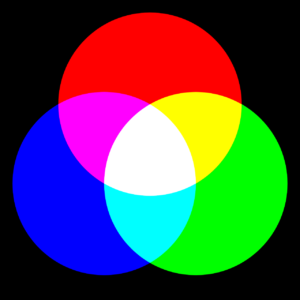
First, a disclaimer – I am not an expert in philosophy or history or economics. However, I am a person who has lived in this world for 60 years, can read and reflect and is privileged to have access to lots of information out there in the world. I have white skin, a femme presentation and an advanced education. I am also Jewish and not always fully able-bodied. So that is my perspective, from which I will share my thoughts on this.
The term intersectionality was first coined by Kimberlé Crenshaw in 1989. It may best be envisaged, in my opinion, as the intersection of a number of axes of marginalization or oppression – for example, while a white woman, such as the early and second-wave feminists, certainly deals with misogyny under the patriarchy, a Black woman will have the additional burden of racism as well. A Black trans woman will have yet another axis of transphobia to deal with. Very few people are only privileged, I believe, and very few are entirely oppressed with no advantages at all. Ableism will come to us all if we live long enough, just to name one common issue. While white, straight, Christian men tend to be at the top of the heap in Western societies, they may still deal with class issues and be exploited under capitalism. I’ve heard the term “Oppression Olympics”, and I believe that nobody wins when we play those games – it’s not a matter of who is more oppressed and needs more support, and who is more privileged and should have their needs ignored. Ideally, everyone will receive what they need in a world of abundance. Wouldn’t that be lovely?
The main beauty of the concept of intersectionality, in my opinion, is that it is nonlinear. You can’t tease apart the different elements and consider each in isolation. To return to that Black trans woman, how much of her marginalisation is caused by anti-Black racism, how much by misogyny (I have heard the term misogynoir used for this compound issue), and how much by transphobia or cissexism, to quote Julia Serano? This is why we can’t play in the Oppression Olympics – the pain of a white butch lesbian who is accosted in the women’s washroom for not looking feminine enough is not worth more or less than that of a Black male who is hypersexualised on the street and assumed to be a predator just because of the colour of his skin. Human pain is not a commodity.
Of course we can’t be everywhere and donate to every worthy cause. We have to make choices in our own lives. To quote the Mishna, it is not upon us to complete the task, but we are also not free to desist from it. Every little bit helps, even if it’s just looking upon people who are different from us with kinder eyes. Being aware of our own privilege, and using it to the best of our ability to help others, makes all the difference in the world.
I’d love to know what you think – do you find this concept as helpful as I do? If not, let me know why and we can talk about it.
